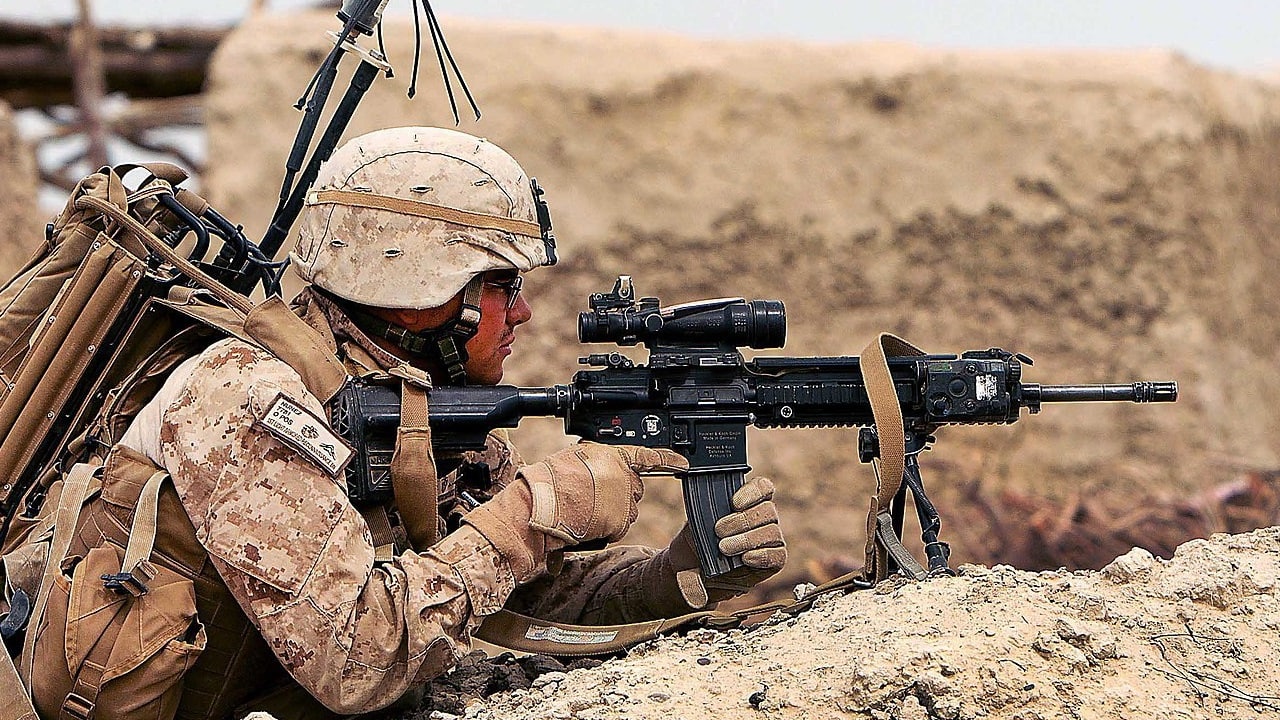Book Review of David F. Runde. The American Imperative: Reclaiming Global Leadership Through Soft Power. New York: Post Hill Press, 2023. 223 pp. $28.00.
If the differences in American foreign policy were two grim, heavily armored hordes entrenched on opposite sides of a shelled and bloody battlefield, then the pages of The American Imperative: Reclaiming Global Leadership Through Soft Power would be fluttering on barbwire in no-man’s land.
The American Imperative refuses to take sides. David Runde, a senior vice president at The Center for Strategic and Budgetary Assessments, a bipartisan think tank, has written a prescription that mixes medicine from contrasting views of American statecraft.
Runde opens his book by rightly scolding Francis Fukuyama’s 1992 bestseller, The End of History and the Last Man, not for celebrating liberal ideas like democracy, human rights, and free markets, but for thinking humanity’s big moment had arrived. The American Imperative does a fair job explaining how the world inevitably slipped back into an era of great power competition with the U.S. and like-minded nations facing off against the likes of China, Russia, and Iran. “World events,” he writes, “have shocked the world out of the complacency that followed Fukuyama’s optimistic prediction.” Rather, The American Imperative focuses on how free countries can survive and thrive in our brutal times.
But, coming out of the gate, Runde should have thumped Joseph Nye’s Soft Power: The Means To Success In World Politics (2004) instead of The End of History. Fukuyama could, perhaps, be excused for his exuberance, hoping the end of the Cold War signaled the end of big geo-political scuffles. Nye can’t make that excuse. After 9/11, it was clear the future world was going to be uncompromisingly messy.
History never has and never will simply “follow the rules.” That’s a real problem for Nye’s vision of substituting soft power—diplomacy, foreign aid, economic development, and cooperative action through international organizations—for the use of force. 9/11 reminded us that bad guys don’t play nice. And when they don’t, 10 diplomats can’t take the place of an army division. The instruments of foreign policy are not fungible.
Whether he meant to or not, Nye’s proposal was often framed as deciding between hard power or soft power. One of the provocative strains in The American Imperative is that Runde eschews that choice. He makes the case that soft power, done right, complements hard power in great power competition.
Runde rejects structuralist theory, the notion that international relations can be governed by rules and norms fairly arbitrated by international institutions. He does not, however, shun structuralist tools. If they work, they work. Instead, Runde argues “the discussion of soft-power needs a major refresh.”
Runde dedicates several chapters to retooling the instruments in the soft power tool kit. He addresses international institutions, public diplomacy, foreign aid, economic development, and more. All his proposals are worth consideration.
When it comes to international institutions there is no question that the U.S. needs better options than just quitting everything or going along with the crowd. As Runde points out, international institutions are not all evil, but they are not benign either. “[T]his power-sharing system reflects geopolitical realities …” he notes. China, in particular, has used its influence in international organizations to press Beijing’s interests in malicious ways. Runde argues for triage: assessing the value and conduct of existing organizations and then developing an action plan for dealing with them that better serves U.S. interests.
The American Imperative also contends the U.S. needs to do a better job fighting the global war of ideas. Who can argue with that? In this new kind of war, the bad old ideas of authoritarian dictators are back.
Another important discussion in The American Imperative is rethinking how the U.S. does foreign aid and economic development. There is no question that, under the current system, the U.S. gets a very poor return on its investment, nor does Washington compete effectively with China. Runde has confidence in reforming current institutions. Another strategy might be almost entirely shifting away from depending on them at all.
Whether one agrees with all the policy proposals in The American Imperative is less important than embracing Runde’s central challenge: how do you make soft power work in a world where just asking folks to follow the rules does not cut it. The U.S. will never master the challenge of China, let alone deal with a restive Russia and a threatening Iran, unless it bests them all at the application of both hard and soft power.
A Heritage Foundation vice president, James Jay Carafano directs the think tank’s research on matters of national security and foreign relations.

